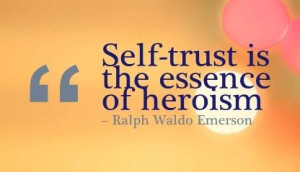Does how you treat your child affect if he is ‘high functioning’?
In response to my last post, a reader asks: “unfortunately, not all Down children are so beautiful and cute. I mean, you can hardly even
Never miss a new post. Subscribe below to
receive all new posts directly to your inbox.
In response to my last post, a reader asks: “unfortunately, not all Down children are so beautiful and cute. I mean, you can hardly even
Friday morning I got a call from our pediatrician, asking if she could pass our phone number to a new mother who just had a
In the last year I’ve been consciously increasing my level of self-care. Putting yourself first is something that intellectually I’ve believed in but not put
Have you ever thought about what the role of a parent is? It may sound theoretical, but it’s extremely important since how you answer it
A huge thank you to my internet server (who also provides my filter) for figuring out why my internal control panel on my blog has been blocked
Recently I came across something online about the shidduch/Orthodox dating system about was very harsh and negative. The shidduch system without a doubt has its problems,
A couple of days ago I was speaking to my older kids about a problem I have with the Harry Potter series – that the

When I began actively rescripting my thinking and actions at the age of 17, what was most helpful to me was to participate in an interactive
No, I haven’t fallen off the other side of the world! My evenings lately have been full with attending the weddings of friends’ children, doing parenting

I recently received the following question from a reader, and it’s one that many parents have verbalized to me over the years: >>”How does one come